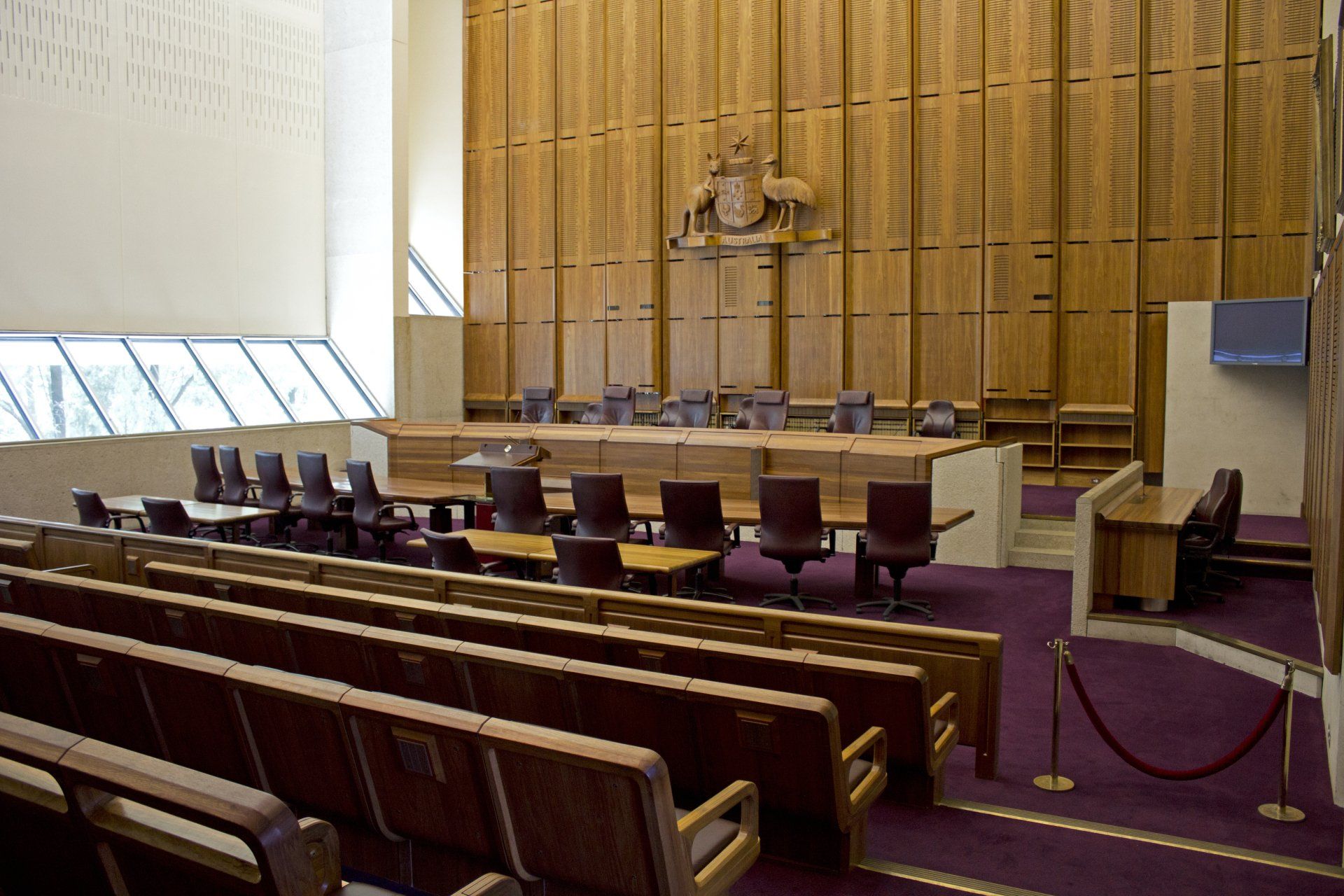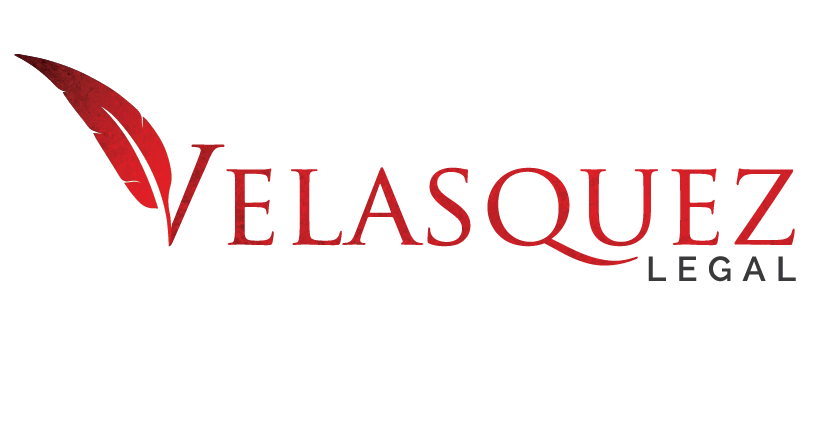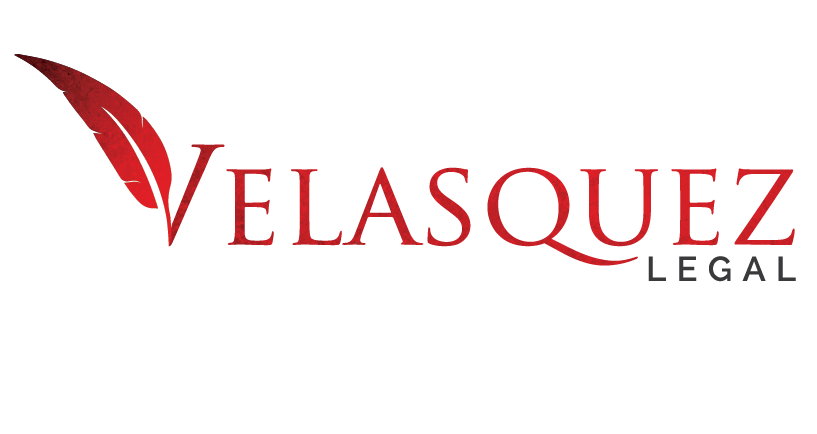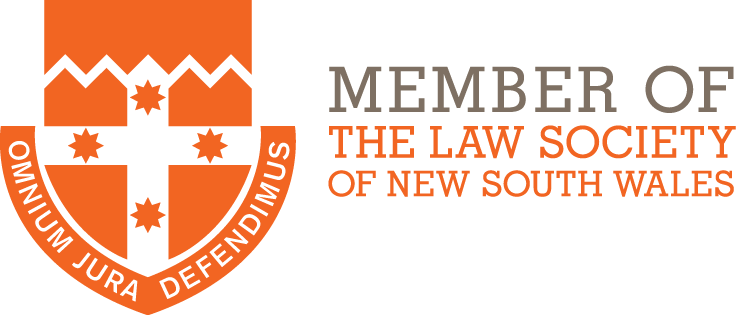Understanding the NSW Criminal Justice System: A Step-by-Step Guide
This step-by-step guide aims to demystify the system, providing clarity on what to expect at each stage.

Navigating the criminal justice system in New South Wales (NSW) can be a daunting experience, especially if you're unfamiliar with the legal processes involved. This step-by-step guide aims to demystify the system, providing clarity on what to expect at each stage. Whether you're facing charges, supporting someone who is, or simply interested in understanding how the system works, this guide offers a comprehensive overview.
1. Investigation
The criminal justice process often begins with an investigation by law enforcement agencies. Police gather evidence through various means, such as:
- Interviews and Statements: Speaking with victims, witnesses, and suspects.
- Physical Evidence Collection: Gathering forensic evidence from crime scenes.
- Surveillance and Undercover Operations: Monitoring suspects to collect information.
Your Rights During Investigation:
- Right to Silence: You are not obliged to answer questions beyond providing your name and address.
- Legal Representation: You can request a lawyer before participating in any formal interviews.
2. Arrest and Charge
If the police believe there is sufficient evidence, they may proceed to arrest and charge an individual.
- Arrest: Police can arrest you with or without a warrant if they suspect you have committed an offense.
- Charging: Formal allegations are made, specifying the offenses you are accused of.
What to Do If Arrested:
- Stay Calm: Cooperate without resisting.
- Exercise Your Rights: Remember your right to silence and request legal assistance.
3. Bail Proceedings
After being charged, the question of bail arises.
- Police Bail: Police may grant bail at the station with specific conditions.
- Court Bail: If police bail is refused, you will appear before a court where a magistrate will decide.
Factors Influencing Bail:
- Severity of the Offense
- Risk of Re-Offending
- Flight Risk
- Protection of the Community
4. Court Proceedings
a. Mention and First Hearing
- Mention: The initial court appearance where charges are formally read.
- Plea Entry: You can plead guilty, not guilty, or request an adjournment for legal advice.
b. Committal Proceedings (For Serious Offenses)
- Purpose: To determine if there is enough evidence for a case to go to trial.
- Process: Examination of evidence and cross-examination of witnesses.
c. Trial
- Local Court: Handles summary offenses (less serious crimes).
- District or Supreme Court: Handles indictable offenses (more serious crimes).
Trial Phases:
- Jury Selection (if applicable): For indictable offenses, a jury is selected.
- Prosecution Case: Presentation of evidence and witnesses.
- Defense Case: Opportunity to present your evidence and witnesses.
- Closing Arguments: Both sides summarize their cases.
- Verdict: The judge or jury delivers a verdict of guilty or not guilty.
5. Sentencing
If found guilty, the court proceeds to sentencing.
Factors Affecting Sentencing:
- Nature and Gravity of the Offense
- Criminal History
- Mitigating Circumstances: Such as remorse or early guilty plea.
- Aggravating Factors: Such as use of violence or breach of trust.
Possible Sentences:
- Fines
- Good Behaviour Bonds
- Community Service Orders
- Suspended Sentences
- Imprisonment
6. Appeals
You have the right to appeal against a conviction or sentence.
- Grounds for Appeal: Legal errors, miscarriage of justice, or disproportionate sentencing.
- Time Limits: Strict deadlines apply, usually within 28 days of the decision.
- Appeal Courts: Appeals are heard in higher courts, such as the District Court or the Court of Criminal Appeal.
7. Post-Sentencing Considerations
a. Criminal Records
- Impact: A criminal record can affect employment, travel, and more.
- Spent Convictions Scheme: Some convictions become 'spent' after a crime-free period.
b. Parole
- Eligibility: For sentences over a certain length, you may be eligible for parole.
- Conditions: Compliance with specific conditions is mandatory during the parole period.
8. Support Services
Navigating the criminal justice system can be stressful. Various support services are available:
- Legal Aid NSW: Offers legal assistance to those who qualify.
- Community Legal Centres: Provide free legal advice and assistance.
- Counseling Services: For emotional and psychological support.
Conclusion
Understanding each step of the NSW criminal justice system empowers you to make informed decisions and better navigate the legal landscape. Whether you're directly involved or supporting someone who is, being informed is the first step toward ensuring your rights are protected.
Need Legal Assistance?
Facing criminal charges is a serious matter that requires expert legal advice. Our experienced criminal defence lawyers are here to help you through every step of the process. Contact us for a confidential consultation.


